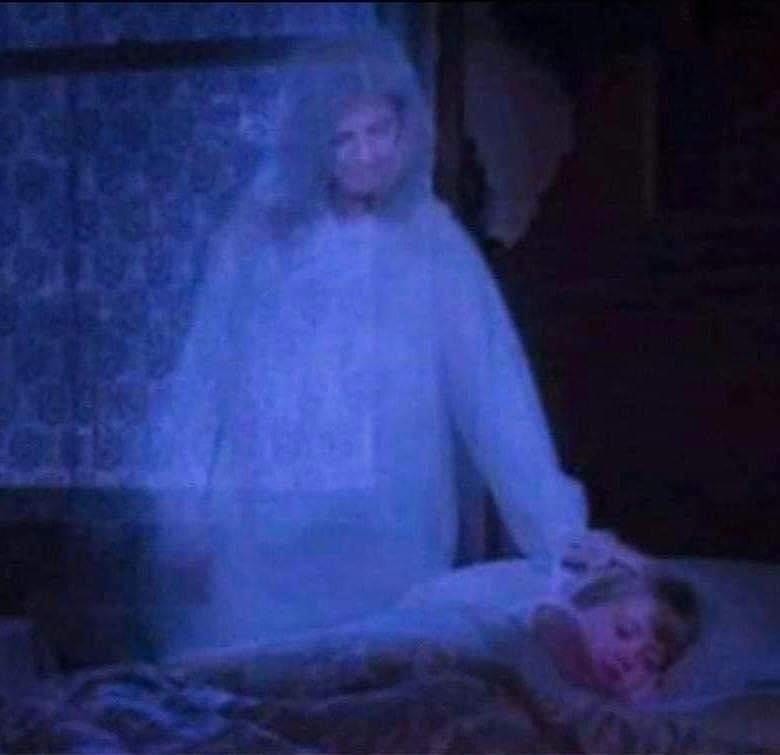
Some people dream, some don’t, or at least they don’t remember doing so.
But do dreams mean anything? Well, while people are convinced dreams are a form of messages received by forces we are unable to see or feel while wide awake, some scientists claim that dreams are simply a result of neuronal processes taking place within our brain.
While we are asleep, our brains are anything but.
Sometimes, dreams happen as a reflection of the day that passed, and other times they represent our fears. But what does it mean when we dream of a deceased person?
These dreams can be seen as part of the process of grieving or a transition that takes place in our own life. According to Healthline, it has to do with the latter.
These dreams are common when we experience certain changes, such as getting a new job, moving places, or meeting someone new.
What is most important than the dream itself, however, is how it make us feel.
Rubin Naiman, who has a Ph.D. in psychology, spent years of his life studying sleep patterns and habits. According to him, “Dream interpretation is about decoding the dream. It enlightens us and expands our awareness psychologically, [offering an] expansion of consciousness.”
So, dreaming of someone who is no longer alive may be related to the changes mentioned above and how those changes affect us.
”A lot of contemporary neuroscientists believe during REM sleep, the brain is involved in maintenance tasks, and it accidentally ‘kicks up dust,’ visually. At that end, dreaming is considered totally meaningless.” On the other hand he explains, “The other end is that dreaming is more substantial than waking. And we see this in ‘dream cultures,’ such as the indigenous people of Australia, who believe dreaming is intrinsic to our spiritual existence.”










